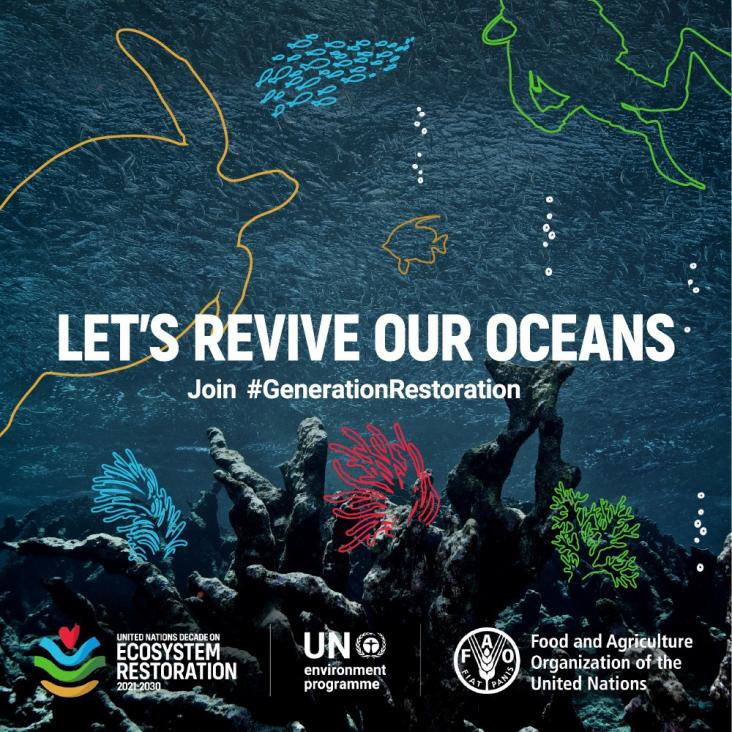This chapter advances UN SDG goals 12 and 13 by providing a historical perspective of the warming effect of carbon dioxide in the atmosphere, describes our growing understanding of climate change, the parallel development of Earth-system modeling capabilities, the Paris Agreement and the need to transition to nonfossil energy and the decarbonization of the global economy

Recognising our customers' exceptional work to achieve the United Nations' Sustainable Development Goals
This Special Issue focuses on lactation and infant health, and this article in particular investigates immune components of breastmilk and how they impact their newborns immune responses and hold important information that can help improve child health outcomes from a mother biology informed baseline.

This paper explores perceived barriers and enablers for engagement in a new aquaculture activity, using an example of ‘technology-push’ towards seaweed farming in coastal villages in Samoa.
“From electric vehicles to lifesaving drugs, clean and green tech, to AI and digital technologies – IP can be the vehicle to turn bold new ideas into real world impact” said World Intellectual Property Organisation (WIPO) Director General Daren Tang in a video address to mark World IP Day 2024. This paper proposes a responsible intellectual property (IP) strategy (R-IPS) framework based on five exploratory case studies of sustainable companies in energy, nutrition, consumer electronics, manufacturing and water treatment sectors. These companies responsibly use IP assets to create positive social and environmental impact (or reduce negative impact), and unlock new opportunities for financial (economic) gains.
World Intellectual Property Day 2024 is highlighting the critical importance of intellectual property (IP) in catalyzing the human innovation and creativity needed for achievement of the United Nations Sustainable Development Goals (SDGs). This paper integrates innovation research with intellectual property law to explore how such a systemic collaboration for sustainable innovation should be characterised, and how the intellectual property rights (IPR) system could be shaped to support it. The paper highlights that reaching sustainability objectives depends on system-level innovations; system-level innovation for sustainability calls for new forms of collaboration; current IPR regime limits systemic collaborations for sustainable innovations and new IPR system and tools are needed to facilitate systemic collaboration.
Elsevier,
Handbook of Food and Feed from Microalgae: Production, Application, Regulation, and Sustainability, 2023, pp 603-610
This chapter aligns with Goal 2: Zero Hunger and Goal 12: Responsible Consumption by exploring the energy and water consumption needs of microalgal production for food production to determine whether microalgae can be considered a sustainable food.

To mark the 50th Anniversary of World Environment Day on 5 June 2023, Elsevier proudly presents a curated list of publicly available journal articles and book chapters in support of this year's theme “Solutions to Plastics Pollution”. Please share and download.


